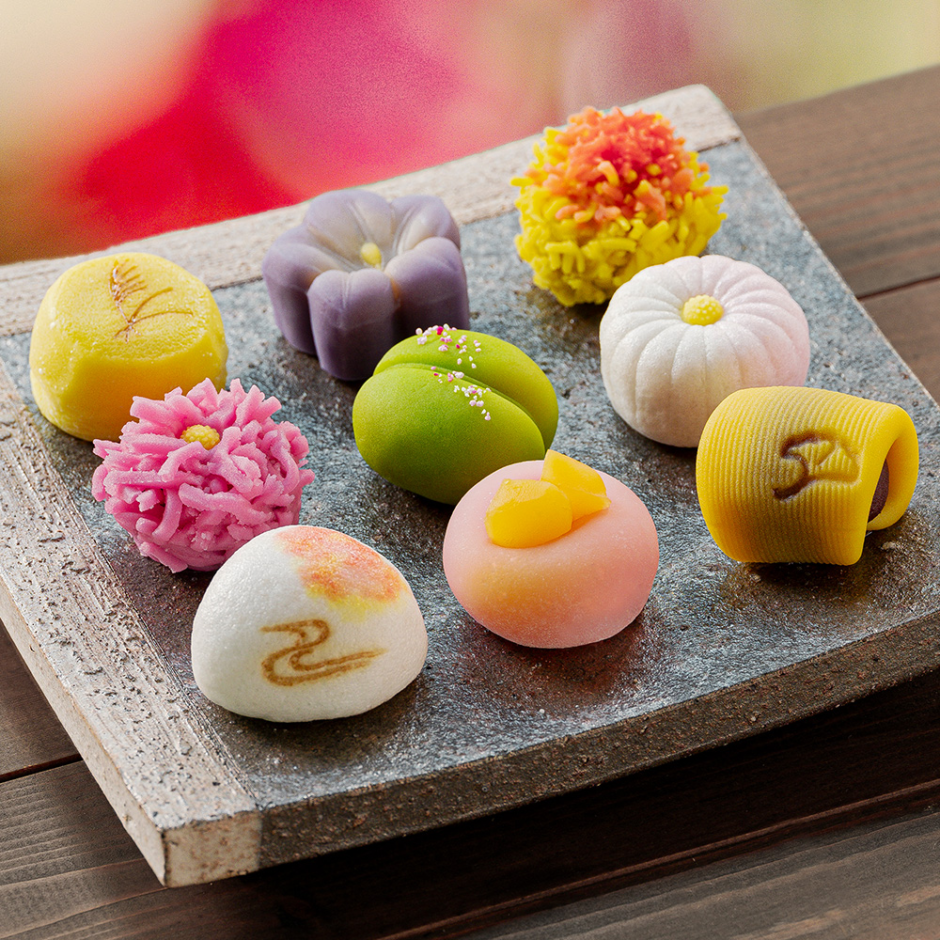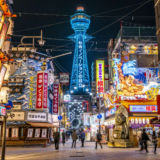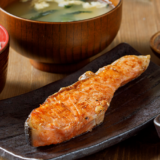Japanese cuisine is highly regarded worldwide for its diversity and delicacy, attracting many foreign tourists. This article introduces dishes that are highly recommended for firsttime visitors to Japan. Each dish’s characteristics and ways to enjoy them are detailed to help visitors fully appreciate Japanese food culture.
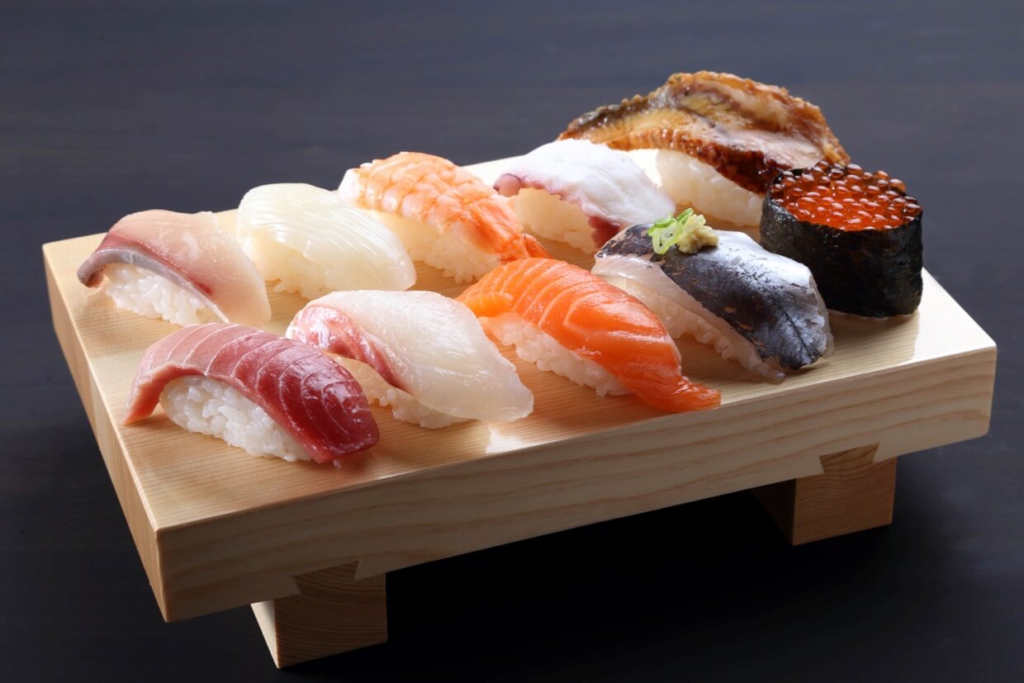
Characteristics
Sushi is one of the representative dishes of Japanese cuisine, enjoyed by combining fresh seafood with vinegared rice. There are various types such as nigiri sushi, maki sushi, and chirashi sushi. Nigiri sushi, in particular, showcases the skills of the sushi chef and is known for its beautiful presentation.
Recommended Places
Tsukiji Market (Tokyo): A place where fresh seafood gathers, and many sushi restaurants line the streets.
Omicho Market (Kanazawa, Ishikawa Prefecture): Enjoy sushi made with fresh seafood from the Sea of Japan.
How to Enjoy
Sushi is typically enjoyed with a small amount of soy sauce. For nigiri sushi, it is customary to dip the fish side into the soy sauce. Additionally, eating pickled ginger (gari) as a palate cleanser enhances the taste of the next piece of sushi.

Characteristics
Tempura consists of shrimp, fish, vegetables, and other ingredients coated in batter and deepfried. It is known for its crispy texture and the flavor of the ingredients. Tempura is commonly eaten with tempura dipping sauce or salt.
Recommended Places
Asakusa (Tokyo): Considered the birthplace of tempura, it has many longestablished tempura restaurants.
Kyoto Kaiseki Restaurants: Enjoy highquality tempura as part of a multicourse meal.
How to Enjoy
Tempura is best eaten while hot to enjoy its crispy texture. Adding grated daikon to the tempura dipping sauce provides a refreshing taste. Alternatively, using salt enhances the flavor of the ingredients.
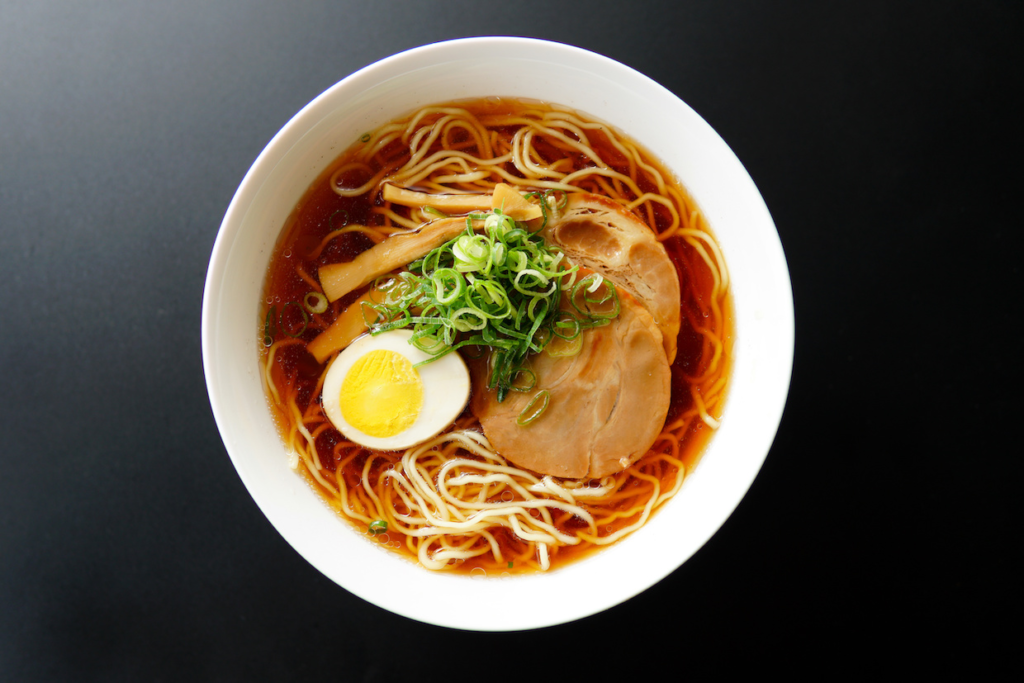
Characteristics
Ramen is a popular and widely loved dish in Japan. There are various types of ramen broths such as soy sauce, miso, salt, and tonkotsu (pork bone), with regional variations each having distinct characteristics. The texture of the noodles and the toppings are also part of the enjoyment.
Recommended Places
Sapporo (Hokkaido): Known for its rich miso ramen.
Hakata (Fukuoka): Famous for tonkotsu ramen with its creamy broth and thin noodles.
Tokyo Ramen Street (Tokyo Station): A collection of famous ramen shops from all over Japan.
How to Enjoy
Start by tasting the broth to appreciate the balance of flavors, then enjoy the noodles. Adding vinegar or chili oil halfway through can customize the flavor to your liking.

Characteristics
Okonomiyaki is a savory pancake made with a batter of flour, cabbage, meat, seafood, and other ingredients cooked on a griddle. It is typically topped with sauce, mayonnaise, bonito flakes, and seaweed. There are two main styles: Kansai (Osaka) style and Hiroshima style.
Recommended Places
Osaka: The birthplace of okonomiyaki, with many specialty restaurants.
Hiroshima: Known for Hiroshimastyle okonomiyaki, where ingredients are layered rather than mixed.
How to Enjoy
In many restaurants, you can cook okonomiyaki yourself on a tabletop griddle. If you’re unsure, ask the staff for assistance to ensure a delicious result.

Characteristics
Sukiyaki is a hot pot dish made by simmering thinly sliced beef with vegetables, tofu, and shirataki noodles in a sweet and savory broth. The cooked ingredients are dipped in raw beaten eggs before eating.
Recommended Places
Kobe: Enjoy luxurious sukiyaki made with Kobe beef.
Asakusa (Tokyo): Many traditional sukiyaki restaurants offer the taste of the Edo period.
How to Enjoy
First, simmer the ingredients in the broth and then dip them in the raw egg for a rich, mellow flavor. Be sure to eat the ingredients while they’re perfectly cooked for the best taste.

Characteristics
Teppanyaki is a style of cooking where meat, seafood, and vegetables are grilled on an iron plate. Chefs prepare the food right in front of you, providing an entertaining dining experience. Wagyu steak is particularly recommended.
Recommended Places
Ginza (Tokyo): Many highend teppanyaki restaurants offer topquality ingredients.
Kobe: Try teppanyaki featuring Kobe beef.
How to Enjoy
Enjoy watching the chef’s performance while they cook your meal. Feel free to ask the chef to adjust the cooking to your preference. Each restaurant often has its own unique teppanyaki sauce, adding to the enjoyment.

Characteristics
Shabushabu is a hot pot dish where thinly sliced beef or pork is briefly swished in a pot of boiling broth before being dipped in ponzu or sesame sauce. It is typically accompanied by vegetables, tofu, and mushrooms.
Recommended Places
Ginza (Tokyo): Many upscale shabushabu restaurants offer highquality meat.
Kobe: Kobe beef shabushabu is a musttry.
How to Enjoy
Swish the meat in the broth for a few seconds and then dip it in the sauce. Avoid overcooking to retain the meat’s tenderness and flavor. Cook vegetables and tofu in the broth as well for a balanced meal.

Characteristics
Grilled eel (unagi) is a traditional Japanese dish, especially popular in the summer for its supposed staminaboosting properties. Eel is typically grilled with a sweet soybased sauce, giving it a delicious, smoky flavor. It is often served over rice as “unadon” or “hitsumabushi.”
Recommended Places
Nagoya: Famous for hitsumabushi, a dish where you can enjoy eel in various ways.
Asakusa (Tokyo): Many longestablished eel restaurants offer traditional flavors.
How to Enjoy
First, enjoy the eel as is, then try it with condiments, and finally, enjoy it with tea poured over it, especially if having hitsumabushi. This way, you can experience different flavors and textures.

Characteristics
Wagashi are traditional Japanese sweets, often enjoyed during tea ceremonies or as seasonal delicacies. They come in many varieties, such as mochi, dorayaki, nerikiri, and yokan, each with its own unique flavor and beautiful appearance.
Recommended Places
Kyoto: The home of wagashi, with many longestablished confectioneries.
Asakusa (Tokyo): Enjoy traditional wagashi at numerous shops.
How to Enjoy
Wagashi are typically enjoyed with green tea or matcha. Try seasonal wagashi to experience the flavors of different times of the year. Some places also offer wagashimaking experiences, allowing you to create and enjoy your own sweets.
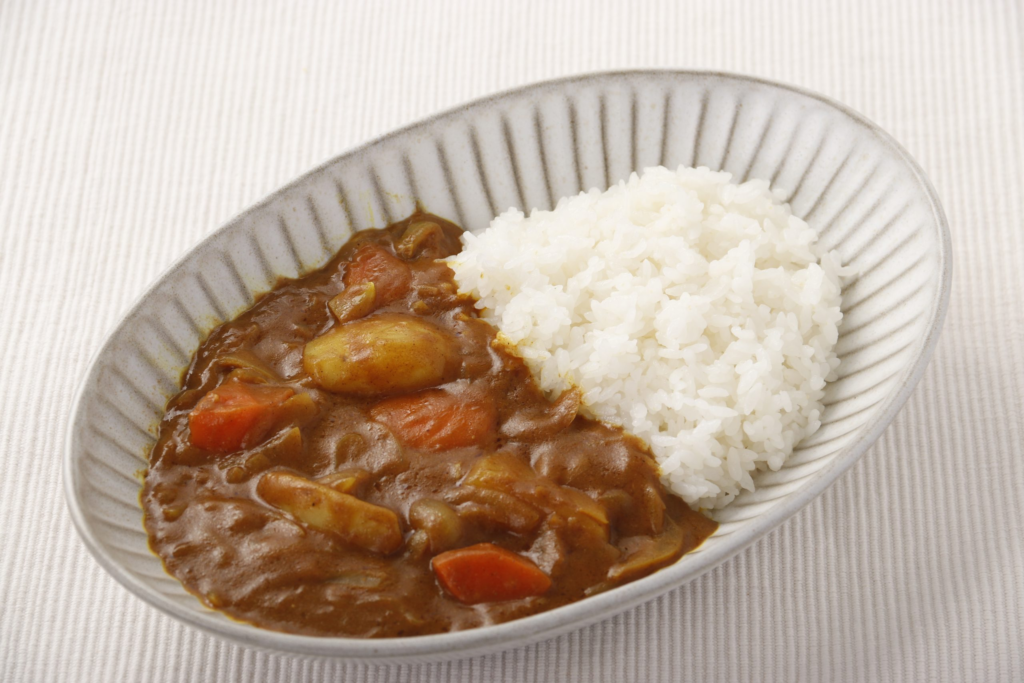
Characteristics
Curry rice is a dish that has evolved uniquely in Japan and is a popular homecooked meal. It features a thick, flavorful curry sauce served over rice, often with meat and vegetables. “Katsu curry,” which includes a breaded and fried cutlet, is also popular.
Recommended Places
Ginza (Tokyo): Home to many longestablished and highend curry restaurants.
Osaka: Known for unique local curry specialties.
How to Enjoy
Curry rice is typically enjoyed with plenty of sauce over the rice. Add toppings or adjust the spice level to suit your taste. Explore various types of curry, such as seafood curry or vegetable curry, to experience different flavors.
Japanese cuisine is diverse and deep, offering many attractions for foreign tourists. From classic dishes like sushi and tempura to traditional fare like okonomiyaki and shabushabu, there is something for everyone to enjoy depending on the location and occasion. Use this guide to fully indulge in Japanese culinary delights and have a wonderful food experience.

 Handn blog
Handn blog 